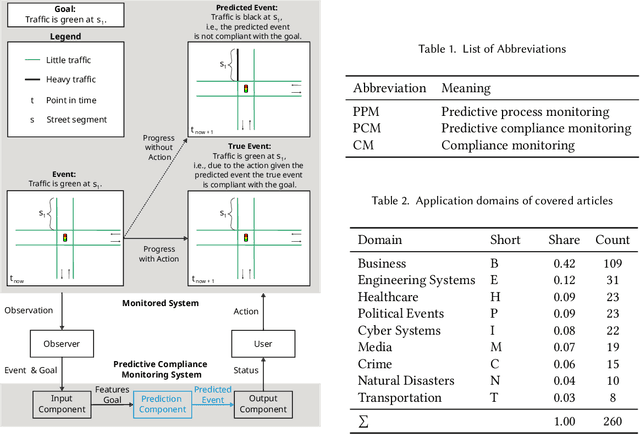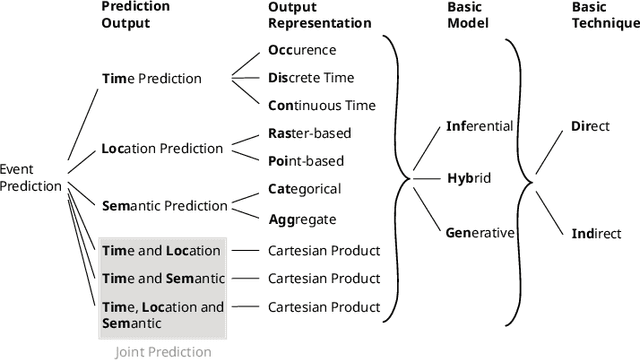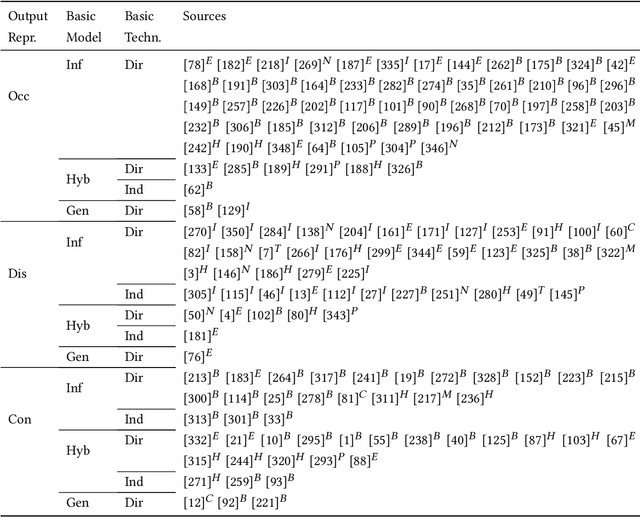A Survey on Event Prediction Methods from a Systems Perspective: Bringing Together Disparate Research Areas
Paper and Code
Feb 08, 2023



Event prediction is the ability of anticipating future events, i.e., future real-world occurrences, and aims to support the user in deciding on actions that change future events towards a desired state. An event prediction method learns the relation between features of past events and future events. It is applied to newly observed events to predict corresponding future events that are evaluated with respect to the user's desired future state. If the predicted future events do not comply with this state, actions are taken towards achieving desirable future states. Evidently, event prediction is valuable in many application domains such as business and natural disasters. The diversity of application domains results in a diverse range of methods that are scattered across various research areas which, in turn, use different terminology for event prediction methods. Consequently, sharing methods and knowledge for developing future event prediction methods is restricted. To facilitate knowledge sharing on account of a comprehensive classification, integration, and assessment of event prediction methods, we combine taxonomies and take a systems perspective to integrate event prediction methods into a single system, elicit requirements and assess existing work with respect to the requirements. Based on the assessment, we identify open challenges and discuss future research directions.
 Add to Chrome
Add to Chrome Add to Firefox
Add to Firefox Add to Edge
Add to Edge